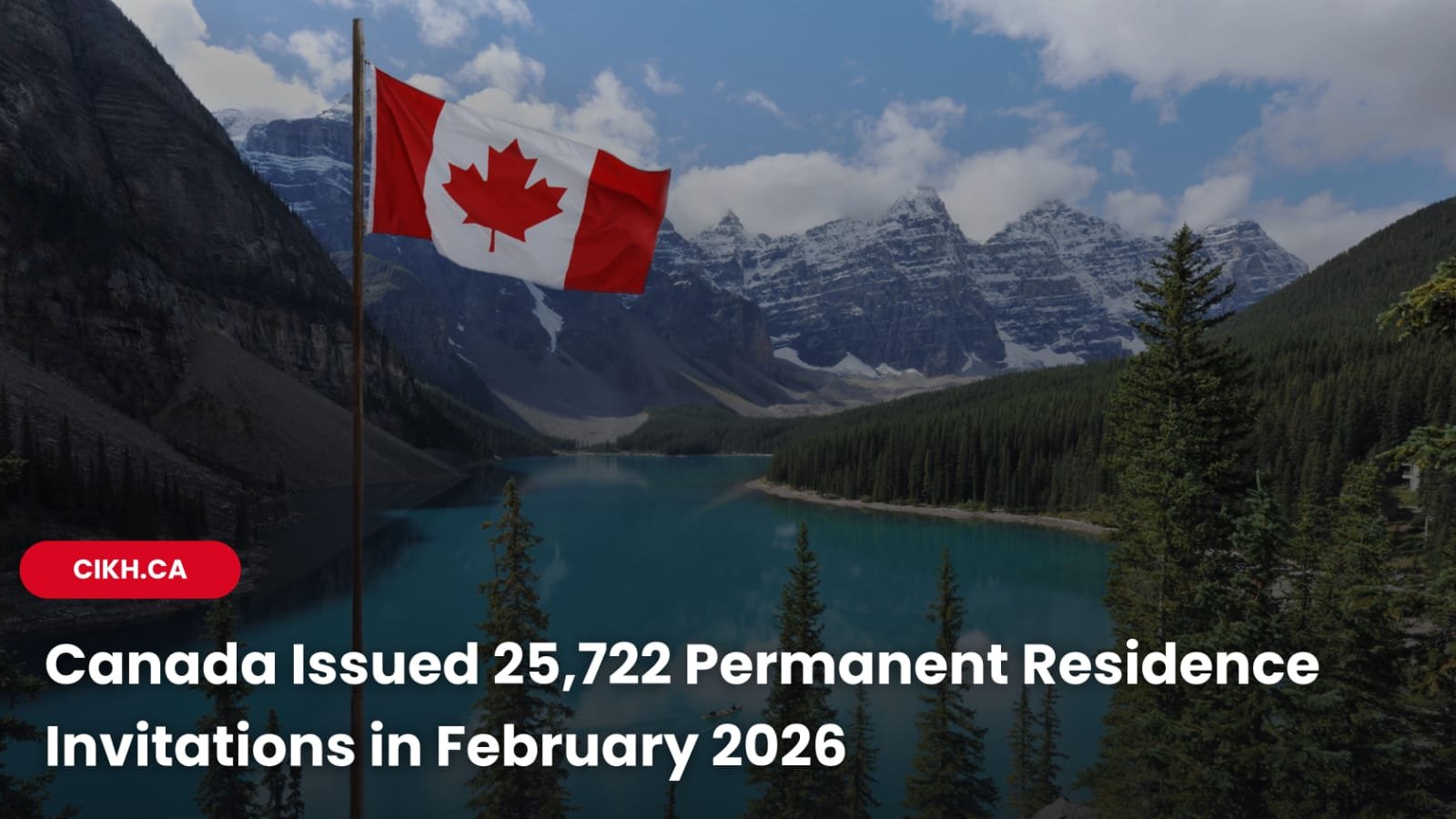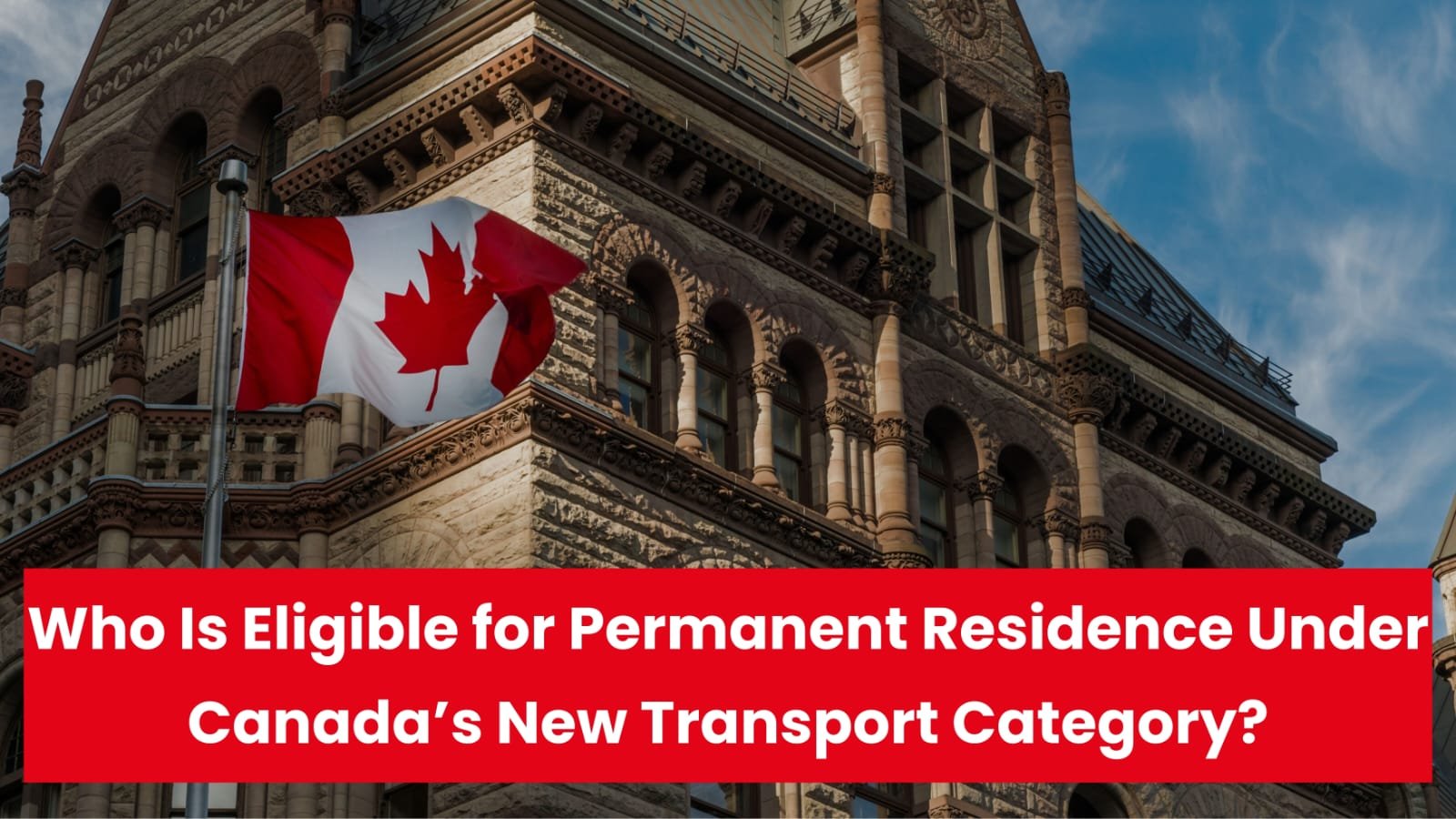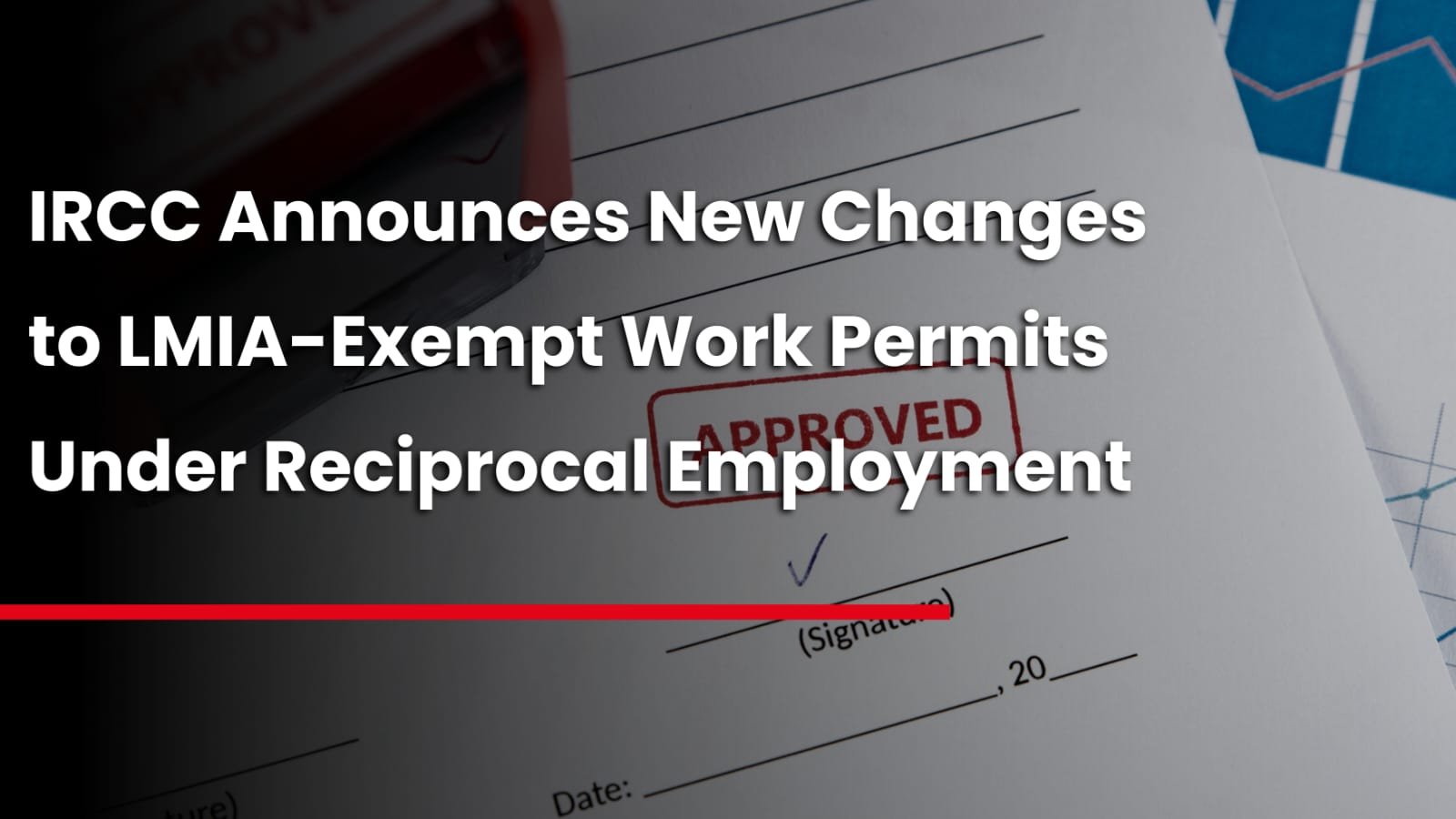If your Post-Graduation Work Permit (PGWP) is about to expire, there are alternative ways to legally stay and work in Canada. This article outlines the various work permit options available, depending on your specific situation.
Summary:
| Situation | Work Permit Type | Key Eligibility Criteria |
|---|---|---|
| Any foreign national | Temporary Foreign Worker Program work permit | – Employer must have a Labour Market Impact Assessment (LMIA) with a positive or neutral result. – Employer must meet various other criteria depending on the stream. |
| Innovation stream | Employer-specific work permit | – Job offer from an employer participating in the Global Hypergrowth Project. |
| Work permit exemptions | Situations where work permits are not needed | – Varies depending on the specific exemption. |
| Foreign nationals of certain countries | Free Trade Agreement | – Must be a foreign national from a country with a free trade agreement with Canada. – Eligibility varies depending on the agreement. |
| International Experience Canada | IEC Work Permit | – Must be a foreign national from a country with a bilateral youth mobility agreement with Canada. – Must be under the age of 35 (30 for some countries). |
| Special work permit for Iranians | Special Permit | – Must have arrived in Canada on or before February 28, 2025. |
| Special work permit for Ukrainians | Special Permit | – Must have arrived in Canada on or before March 31, 2024. |
| Foreign nationals who have applied for permanent residency | Bridging Open Work Permit | – Must have a permanent residency (PR) application in process. |
| Atlantic Immigration Program | AIP Work Permit | – Must have a job offer from an employer on the designated employer list in the Atlantic provinces. – The province must endorse the job offer. |
| Foreign nationals with spousal support | Post-Secondary Studies | – Must have a spouse enrolled in a qualifying program at a Canadian post-secondary institution. – Spouse must have at least 16 months remaining on their study permit. |
| Family Sponsorship | Family Sponsorship Work Permit | – Must have a spouse who is a Canadian citizen or permanent resident and must have a submitted permanent residence application. |
| Work Permit | Spousal Work Permit | – Must have a spouse working in an eligible occupation. – The spouse must have at least 16 months remaining on their work permit. |
Work Permits for Foreign Nationals
Temporary Foreign Worker Program (TFWP) Work Permit
A TFWP work permit is an employer-specific (closed) work permit, allowing you to work only for the employer listed on your permit. To apply, your employer must first secure a positive or neutral Labour Market Impact Assessment (LMIA) from Employment and Social Development Canada (ESDC). This program covers most occupations and industries.
Book Your Consultation for Canadian Immigration
Innovation Stream, Employer-Specific Work Permit
If you’ve been offered a job with a company participating in the Global Hypergrowth Project (GHP), you may qualify for an employer-specific work permit under the Innovation Stream. This includes companies identified by the Canadian government as industry leaders. If you’re working for one of these companies, you won’t need an LMIA.
Work Permit Exemptions
There are situations where you may not need a work permit. For example, if you’re a business visitor, a public speaker at an event under five days, or a remote worker for an employer outside Canada. While you can work remotely from Canada, it won’t count as Canadian work experience for PR eligibility.
Foreign Nationals of Certain Countries
- Free Trade Agreements: Citizens from countries with free trade agreements with Canada, such as the Canada-US-Mexico Agreement (CUSMA), may qualify for a work permit under the International Mobility Program (IMP).
- International Experience Canada (IEC): The IEC program allows young adults (typically 18-35) from certain countries to work in Canada for up to two years. There are three categories under IEC:
- Working Holiday: An open work permit that doesn’t require a job offer, allowing work for any employer in Canada.
- Young Professionals: An employer-specific work permit for those with a job offer.
- International Co-op (Internship): An employer-specific work permit for students seeking internships or work placements in Canada.
Special Work Permits
- For Iranians: A temporary public policy allows Iranian nationals who arrived in Canada on or before February 28, 2025, to apply for a work permit, even if they don’t meet regular work permit requirements. This policy is extended until February 28, 2026.
- For Ukrainians: Due to the ongoing crisis in Ukraine, the Canada-Ukraine Authorization for Emergency Travel (CUAET) program allows Ukrainians in Canada (who arrived on or before March 31, 2024) to apply for an extension of their work permit, study permit, or visitor permit until March 31, 2026.
Foreign Nationals with Spousal Support
If your spouse is a student, worker, or permanent resident, you may be eligible for a spousal open work permit.
- Spouse is a student: If your spouse is enrolled in a qualifying Canadian post-secondary program, you may be eligible for an open work permit. This is generally available for spouses of master’s and doctoral students or those in select in-demand programs.
- Spouse is a Canadian citizen or permanent resident: You can apply for an open work permit while your PR application is being processed, as long as your spouse has sponsored you.
- Spouse is a foreign worker: If your spouse works in a TEER 0, 1, or select TEER 2 or 3 occupation, you may be eligible for a work permit, provided their work permit is valid for at least 16 months.
Foreign Nationals Awaiting Permanent Residence (PR)
- Bridging Open Work Permit (BOWP): If you have a PR application in process, you may apply for a BOWP to continue working while waiting for a decision. The BOWP is usually issued for up to 24 months and is not tied to a specific employer.
- Atlantic Immigration Program: If you’re working in one of Canada’s Atlantic provinces (Newfoundland and Labrador, Nova Scotia, Prince Edward Island, or New Brunswick), you may be eligible for a work permit while waiting for your PR application to process. You must have a job offer from a designated employer in the Atlantic region and a referral letter from the province.
Each work permit has its own eligibility criteria and application process, so it’s important to carefully review the specific requirements based on your situation.





